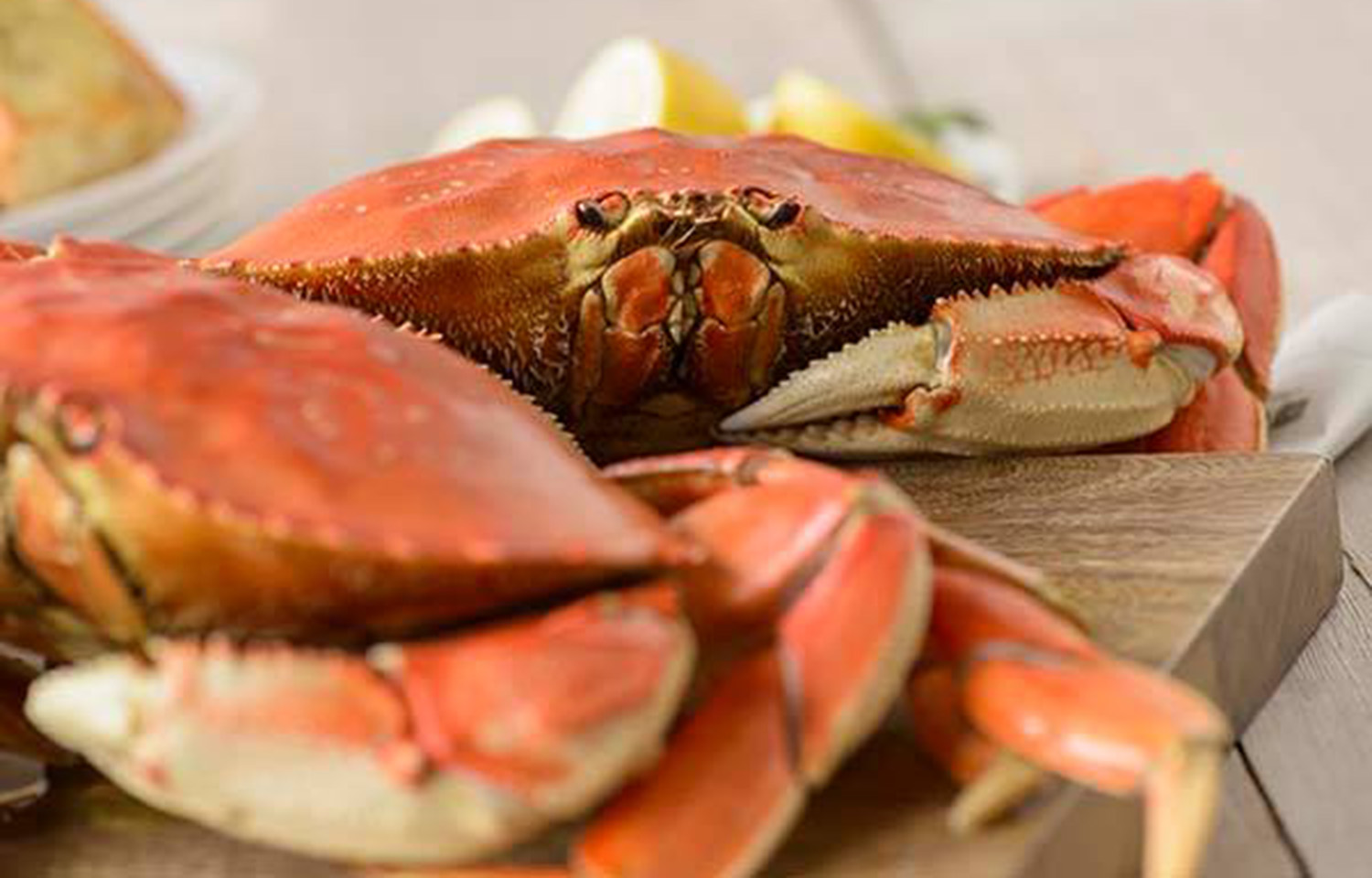A federal judge has dismissed a lawsuit alleging Clackamas, Oregon, U.S.A.-based Pacific Seafood engaged in anticompetitive practices concerning the Dungeness crab fishery on the U.S. West Coast.
Filed in March 2023 in the U.S. District Court of Northern California by commercial fisherman Brand Little, the suit alleged Pacific Seafood artificially suppressed the price paid to fishermen for Dungeness crab through a “multipronged strategy of monopsonization, coercion, dumping, and secret deals.”
On 21 May 2024, U.S. Magistrate Court Judge Alex G. Tse ruled Little’s suit did not sufficiently prove his case but gave him the ability to amend most of his claims by 20 August 2024. Tse also allowed Little to request targeted discovery by 6 June 2024, so long as it didn’t create “a massive factual controversy." Tse rejected Little’s standalone claim that Pacific had made secret payments to some crabbers, saying it wasn’t plausible.
“[Little] alleges that all, or substantially all, direct purchasers of fresh crab on the West Coast are part of a price-fixing conspiracy. There are hundreds of these direct purchasers, and Little must plausibly allege that Pacific Seafood coerced substantially all of them into the alleged conspiracy. He hasn’t done so. He pleads only a couple of instances of coercion, impacting direct purchasers in only some geographic areas along the West Coast. From these occurrences, it’s a big jump to conclude that hundreds of direct purchasers up and down the West Coast were coerced into joining a price-fixing conspiracy,” Tse said in his decision. “Little’s allegations, while not bare bones, aren’t specific enough to support a plausible multi-hundred-member buyer’s cartel. He needs to offer more detail before the court will allow him to proceed with a claim that could involve hundreds of non-parties in discovery.”
Pacific Seafood Chief Administrative Officer Dan Occhipinti welcomed the case’s dismissal.
“As we’ve said all along, the things the plaintiff and his lawyer claim about the crab market and Pacific Seafood make no sense and aren’t true. It looks like the court found the plaintiff’s allegations as confusing as we did,” Occhipinti told SeafoodSource.
Tse said many of Little’s claims were consistent with violations of the federal Sherman Act, as well as California’s Cartwright Act, Unfair Practices Act, and Unfair Competition Law, but that Little didn’t adequately prove his claims. Without more evidence, Pacific’s actions could be justified as legitimate business practices, Tse said.
“Little’s complaint does include more expansive coercion allegations … [but they] are too general or conclusory,” Tse wrote. “Little alleges that Pacific Seafood retaliates against direct purchasers who don’t follow its pricing decisions by failing to ‘pick up the phone’ when these direct purchasers want to sell crab to Pacific Seafood for processing. He also alleges that Pacific Seafood ‘punishes non-compliant crab buyers on the sell-side by denying non-compliant crab buyers access to other fish products whose supply Pacific Seafood controls.’ But, it’s far from clear how often Pacific Seafood has failed to pick up the phone or denied direct purchasers access to other fish products. It’s also uncertain how many direct purchasers know about Pacific Seafood’s coercive tactics. Here again, the jump is considerable from Little’s allegations to a plausible inference that hundreds of direct purchasers have been coerced into joining a price-fixing conspiracy.”
Tse said Pacific Seafood occupies a unique place in the market, not only as a direct purchaser of Dungeness crab but also as the only significant processor of Dungeness crab on the U.S. West Coast.
“Pacific Seafood, then, is not merely a competing direct purchaser of fresh crab; Pacific Seafood is a critical second-level buyer of other direct purchasers’ leftover fresh crab,” Tse said. “At the beginning of the season, when direct purchasers have more fresh crab than they can sell to restaurants and similar retailers, they end up selling 'a huge portion' of their fresh crab to Pacific Seafood for processing. When direct purchasers (other than Pacific Seafood) are about to set the prices they will pay crabbers for freshly caught crab, they sensibly will consider the price they will obtain from Pacific Seafood for the excess crab they can’t sell to restaurants and similar retailers. If direct purchasers pay too high a price to crabbers, they may be forced to sell their excess crab to Pacific Seafood for a loss. It is no surprise, then, that other direct purchasers wait for Pacific Seafood to set its prices before they set theirs and that their prices converge. [But], Little insists that something more sinister is going on. He says Pacific Seafood punishes direct purchasers who don’t follow its pricing decisions or who start buying crab from crabbers before Pacific Seafood does.”
If true, Little’s claim that Pacific Seafood has monopsony power is ...








